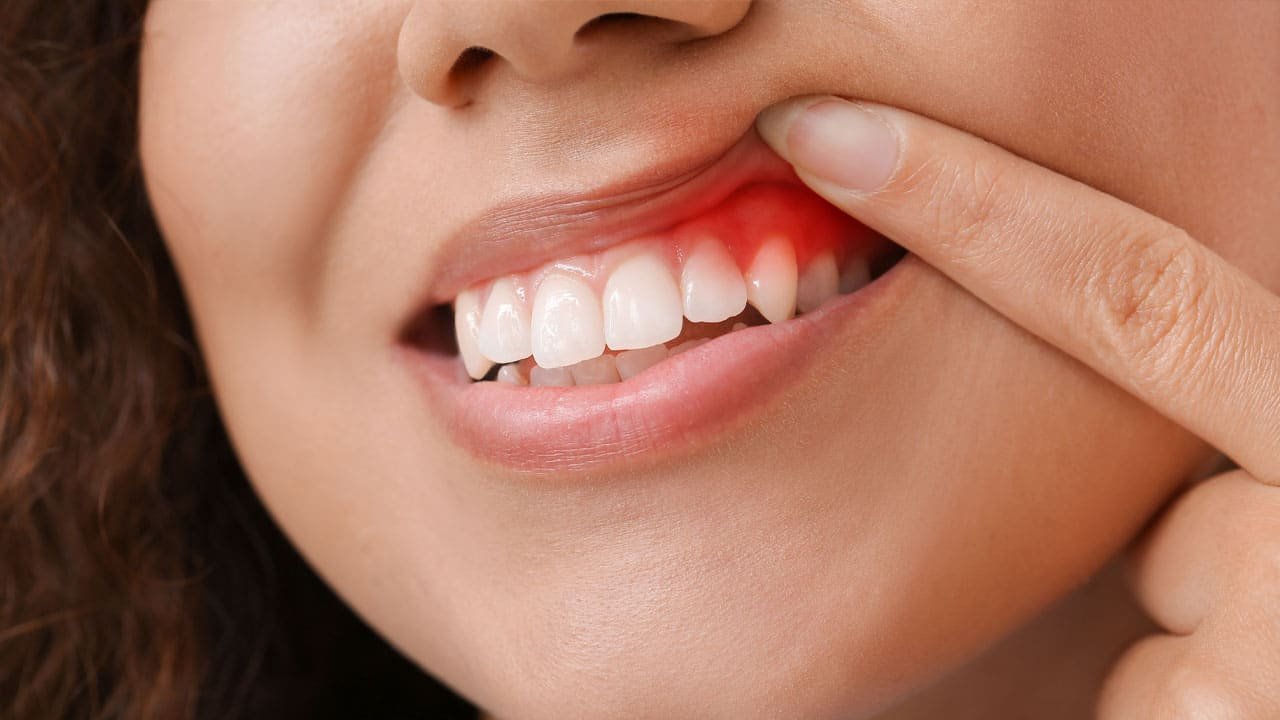How to Cure Gum Disease Without a Dentist
Introduction
Gum disease, though often underestimated, can lead to severe complications if left untreated. This article delves into effective ways to address gum disease without relying on a dentist, emphasizing the power of home remedies, lifestyle changes, and preventive measures.
Understanding Gum Disease
Gum disease, also known as periodontal disease, progresses through different stages, from gingivitis to advanced periodontitis. The causes include poor oral hygiene, smoking, diabetes, and genetic predisposition.
Signs and Symptoms
Recognizing the signs of gum disease is crucial for early intervention. Bleeding gums, persistent bad breath, and gum recession are common indicators. Being aware of these symptoms enables proactive measures.

Credit – https://www.coastalperio.net/
Home Remedies for Gum Disease
Oil Pulling
An ancient practice, oil pulling involves swishing oil in the mouth to remove bacteria. Coconut oil is often recommended for its antibacterial properties.
Saltwater Rinse
A simple yet effective remedy, a saltwater rinse acts as a natural disinfectant. Gargling with warm saltwater reduces inflammation and fights bacteria.
Tea Tree Oil
Known for its antiseptic properties, tea tree oil can be diluted and applied to the gums. It helps combat bacterial growth, promoting gum health.
Proper Oral Hygiene Practices
Brushing Techniques
Using the right brushing technique is essential. Circular motions, gentle pressure, and reaching all areas ensure thorough cleaning without damaging the gums.
Flossing
Flossing removes plaque between teeth, a common area for gum disease to develop. Regular flossing complements brushing for comprehensive oral care.
Mouthwash
Choosing an alcohol-free, antibacterial mouthwash aids in reducing bacteria in the mouth. Incorporating it into a daily routine supports gum health.
Nutritional Approaches
Vitamin C Rich Foods
Boosting the immune system is vital. Foods rich in vitamin C, such as citrus fruits and berries, contribute to gum health and overall well-being.
Calcium and Vitamin D
Ensuring an adequate intake of calcium and vitamin D supports strong teeth and gums. Dairy products and leafy greens are excellent sources.
Lifestyle Changes
Quit Smoking
Smoking is a significant risk factor for gum disease. Quitting not only improves overall health but also enhances oral well-being.
Stress Management
Stress has a direct impact on oral health. Incorporating stress-reducing activities, such as meditation or exercise, positively influences gum health.
When to Seek Professional Help
Certain signs, like severe pain or persistent symptoms, indicate the need for professional intervention. Regular dental check-ups are essential for preventive care.
The Role of Professional Treatment
Dental procedures, such as scaling and root planing, play a crucial role in treating advanced gum disease. Seeking professional guidance ensures comprehensive care.
Prevention Tips
Daily habits, including consistent oral care, a balanced diet, and avoiding tobacco, contribute to preventing gum disease. Establishing a routine fosters long-term oral health.
Addressing Myths and Misconceptions
Dispelling common myths, such as the irreversibility of gum disease, promotes a more accurate understanding. Educating individuals on facts helps in making informed decisions.
Success Stories
Real-life examples showcase individuals who successfully tackled gum disease through lifestyle changes and home remedies. These stories inspire others to take charge of their oral health.
Conclusion
In conclusion, addressing gum disease without a dentist is feasible through a holistic approach. Combining home remedies, proper oral hygiene, and lifestyle changes forms a powerful strategy for gum health. Proactive measures can lead to positive outcomes and long-term oral well-being.
Frequently Asked Questions (FAQs)
- What are the early signs of gum disease?
- Early signs include bleeding gums, persistent bad breath, and gum sensitivity.
- Can I really cure gum disease at home without a dentist?
- While home remedies can be effective, professional guidance is crucial for severe cases.
- How often should I visit a dentist for preventive care?
- Regular dental check-ups every six months are recommended for preventive care.
- Are there specific foods that worsen gum disease?
- Sugary foods and acidic beverages can contribute to gum issues. A balanced diet is key.
- How long does it take to see results with home remedies?
- Results vary, but consistency is essential. Improvement may be noticed within a few weeks.


